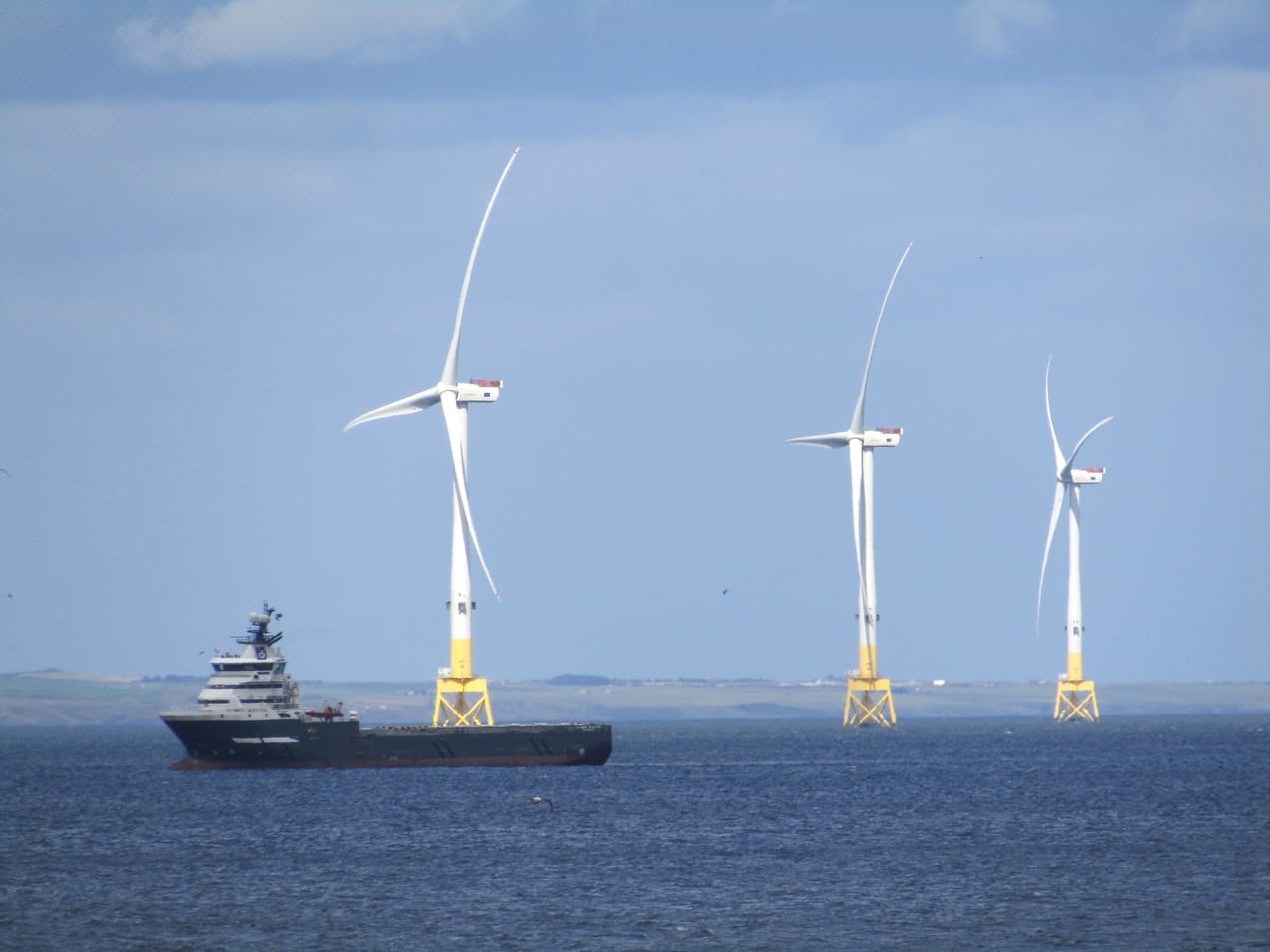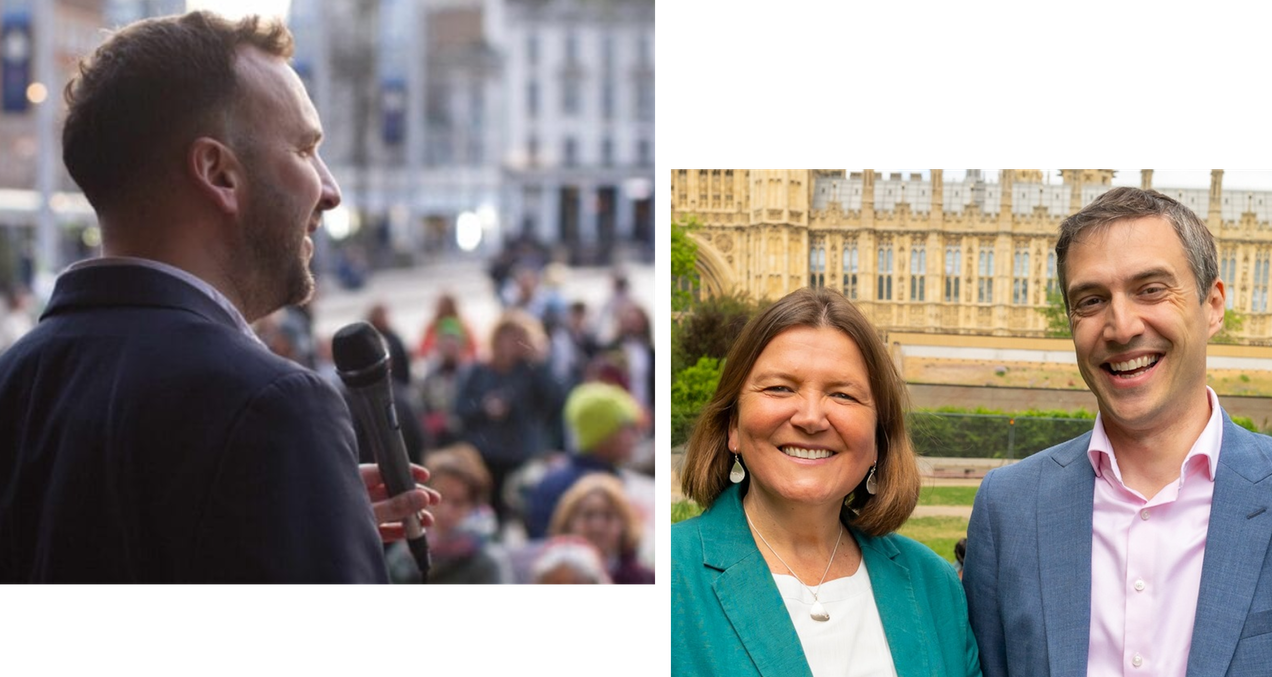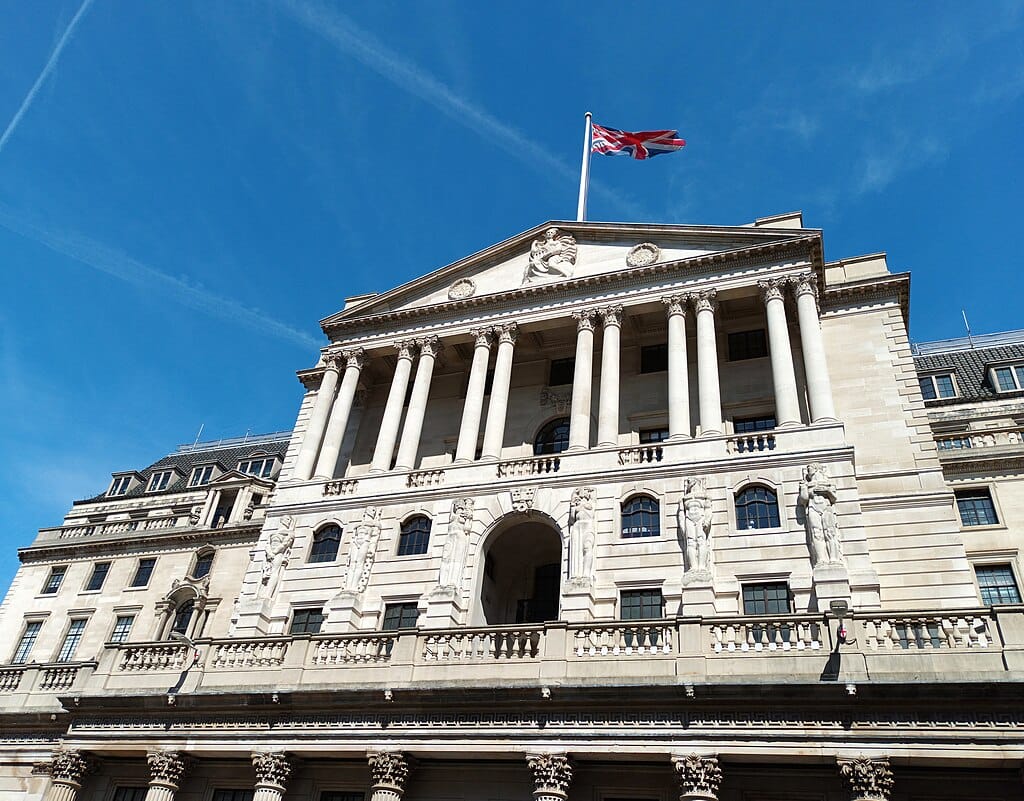Publications
Green House Think Tank publishes many different sorts of contribution to green politics. This includes the regulation publication of Reports, Gases, Green Reads and Newsletters, however have also published Books, Pamphlets, Consultation responses, and comms materials like flyers, posters, booklets and digital images.
Towards a Theory of Change to guide a New Politics and Economics
This two part gas explores the Need to Reclaim Politics from Growth and Vested Interests, in part through a Shared Vision of Equity, Democracy and Ecological Limits
‘Corporate courts’ in trade deals are the fossil fuel industry’s secret weapon against climate action: so why does the UK government demand them?
In this gas, Sally Brooks discusses ISDS, secretive 'corporate courts' that threaten to limit significantly national efforts to implement pro-ecological policies.
On Wokery and Net Zero
In a piece expressing his own views rather than those of Green House as an organisation, John Foster suggests the need for a different approach by greens to some traditional British values and attitudes.
Responses from candidates for Leader of the Scottish Green Party
Responses from Scottish Greens Leadership candidates to the Questions Green House Think Tank is asking of potential Green Leaders
Interview with Zack Polanski and Adrian Ramsay, two of the Green Party (E&W) leadership candidates
Green House Think Tank interviews with each of the Green Party leadership candidates in the August 2025 elections as follow up to written responses to our questions for candidates.
Modern Political Power & Social Paralysis
The West’s distributed power structure is often less visibly oppressive, but it can still produce entrenched societal paralysis. This is the first in a collection of articles exploring this theme.
The Green Party leadership - how deep are the differences?
Green House core group member, Nadine Storey, reflects on the deeper differences between the leadership contenders for the Green Party of England and Wales.
A short reflection on Green Party Leadership candidates' approaches, in the context of ecological and societal breakdown
Green House core group member, Carrie Bowes, offers a reflection on the contenders for leadership of the Green Party of England and Wales.
Responses from candidates for Deputy Leader of Green Party of England And Wales - Green Leadership
Responses from Deputy Leadership candidates to Questions Green House Think Tank is asking of potential Green Leaders
Responses from candidates for Leader of Green Party of England And Wales - Green Leadership
Responses from Leadership candidates to Questions Green House Think Tank is asking of potential Green Leaders
Can We Thrive Without Overheating the Planet? Lessons from Costa Rica and Uruguay
This article asks: is it possible to secure high levels of wellbeing while keeping emission levels within a fair and sustainable limit? It takes a global perspective, identifying countries that effectively support their citizen's wellbeing using significantly few resources.
The Great British Pension Fiasco
The Great British Pension Fiasco unearths the uncomfortable truth about the very institutions entrusted with safeguarding the UK’s financial stability. This is a tale of the failed governance that paved the road to more austerity, stalling the green transition and gutting social investment.












